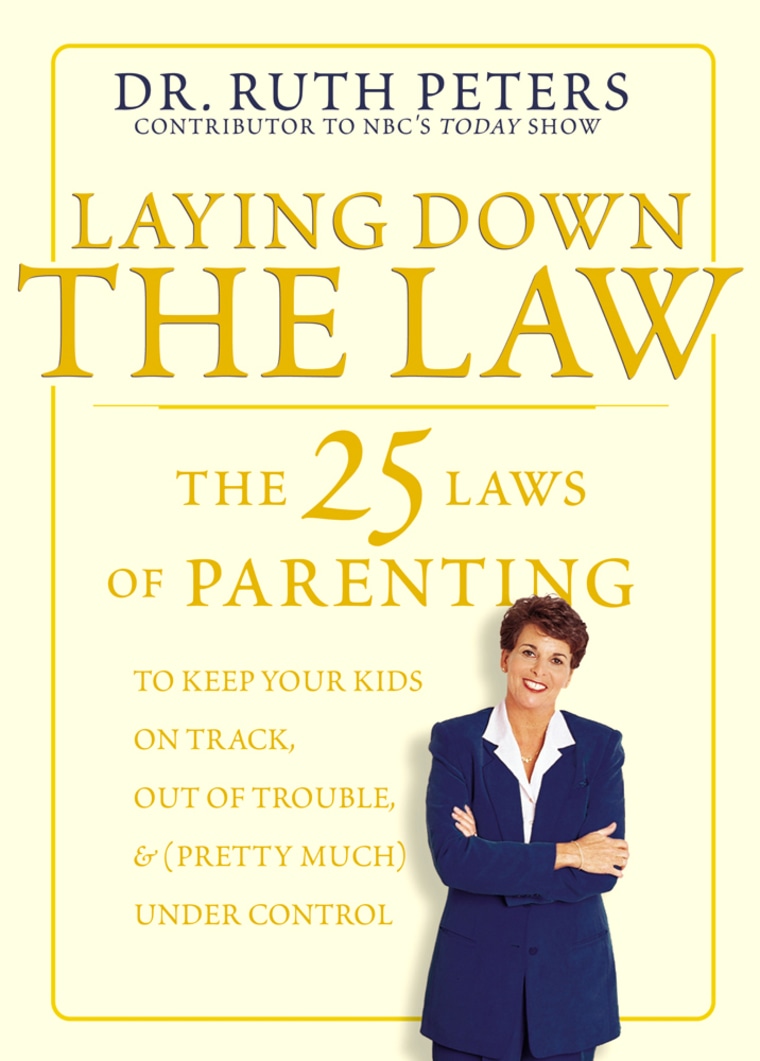Q: I have three children, one boy and two girls. I've always gotten along with my son and oldest daughter, who share my enthusiasm for reading and history, but my youngest daughter — who is 12 and a “sports nut” — and I just don't seem to jive.
Even though she's grown up in the same household as her older brother and sister, and with the same family activities, she just doesn't seem to enjoy the things the rest of us do.
To be honest, I'm finding that at times that I feel uncomfortable being around her, with not much to talk about. I know that she’s not really enjoying me also. This is an awful feeling, but I don't know what to do about it. Can you help me?
A: What you are dealing with is a phenomenon known as “goodness of fit.” This refers either to the similarity of traits between the parent and the child, or how closely the youngster’s interests, behaviors and personality fit with those desired and expected by the adult. It encompasses everything from temperament to personality and even to athletic interest and academic ability.
When there is adequate goodness of fit between you and your child, your relationship tends to be warm and intimate. You may spend a great deal of time together and enjoy her company tremendously. If you share similar interests and are involved with one another, it's only natural to want to be with one another.
However, when there is inadequate goodness of fit, it's more difficult for the parent and the child to feel close. In short, the relationship may take some work to become comfortable. This is not uncommon or unnatural, just uncomfortable. At times parents and children just don't share the same interests or have similar priorities. This can be a permanent status between parent and child, or it may ebb and flow as the child matures and her interests, behaviors and values develop and change.
So how do you relate best with a kid when there is a lack of fit, as seems to be the case with your youngest daughter?
First, sincerely try to involve yourself with this child's particular interests. Dig until you find an activity that can bring the two of you together. You may have to feign interest at first, but odds are that the more you watch her practices or cheer her on to victory during games or meets, the more you’ll understand why she loves sports. (And you just may find yourself enjoying it!) The bottom line is that she needs to know that you’re trying to be involved with her even if it means going outside your areas of interest or even your comfort zone. You’ll soon find yourself having more to talk about with her, even if it’s asking silly questions — but hopefully she’ll admire your attempts to communicate and will be responsive to you. And, it doesn’t hurt if her siblings become a bit more involved with her areas of interest and display some admiration for her efforts!
Second, be careful that you do not compliment her brother and sister’s achievements in school while ignoring her victories and efforts on the playing field. You may think that you are treating her the same as her sibs, but you may be showing your disinterest or even disdain without actually realizing the extent of your feelings. This can be very dispiriting to the “different child” which may further increase the distance between the two of you.
Third, you may need to change your parenting priorities somewhat, especially in relation to your youngest daughter. If you tend to place a high premium on academics and less on sports, please realize that sports are a terrific outlet for expending energy and can help to mold a sense of teamwork, healthy lifestyle and enlarge one’s friendship circle. Encourage your child's participation in athletics while also keeping a watchful eye on her academic pursuits.
In other words, accept her for what she is, and try to find the neat things within her personality. And, don’t wait to do it. Remember, the parent often needs to be the one to make the relationship changes first, and then the child may follow. You have the benefit of maturity and experience on your side and are therefore more able to guide your daughter toward changing the parent/child relationship.
Dr. Ruth’s Bottom Line: A less-than-comfortable fit between a parent and a particular child is not unusual. But with effort things can improve and your guilt feelings likely will dissipate as you take steps to become closer and to spend more quality time with your daughter.

PLEASE NOTE: The information in this column should not be construed as providing specific psychological or medical advice, but rather to offer readers information to better understand the lives and health of themselves and their children. It is not intended to provide an alternative to professional treatment or to replace the services of a physician, psychiatrist or psychotherapist.